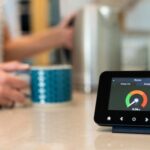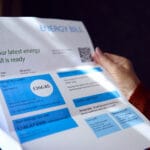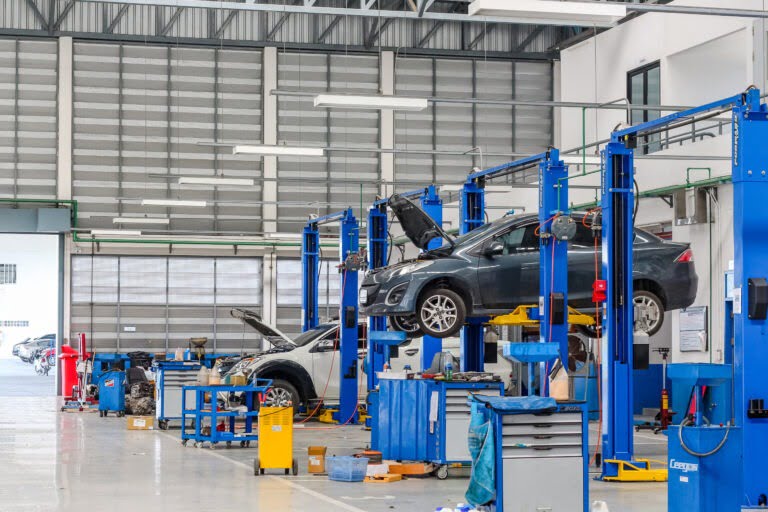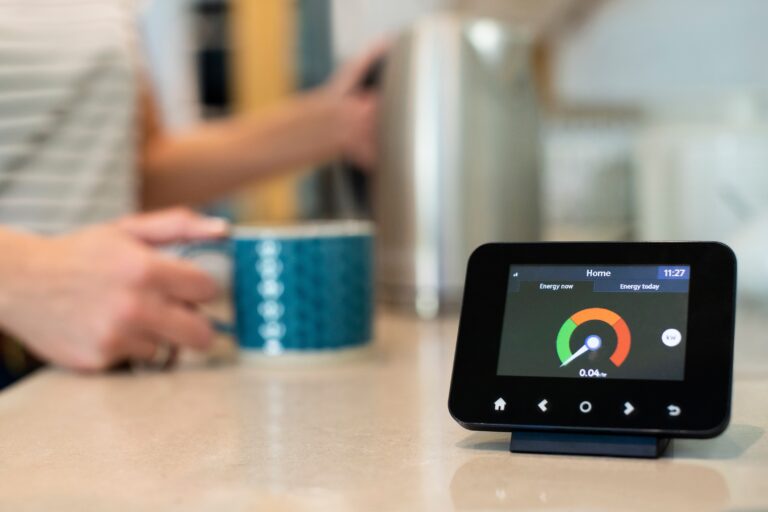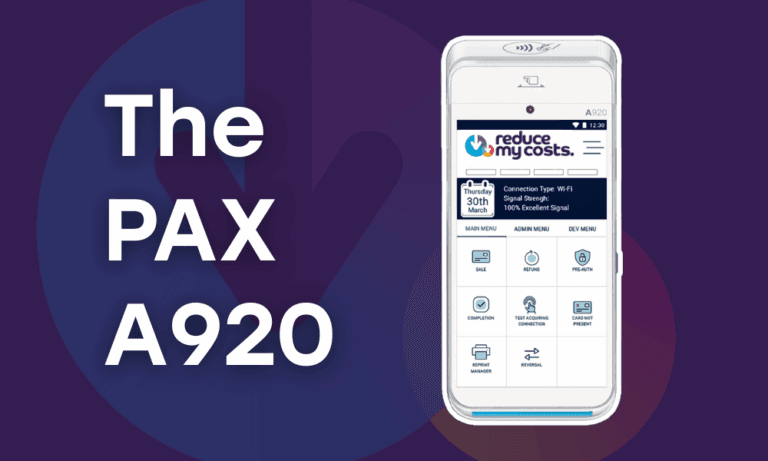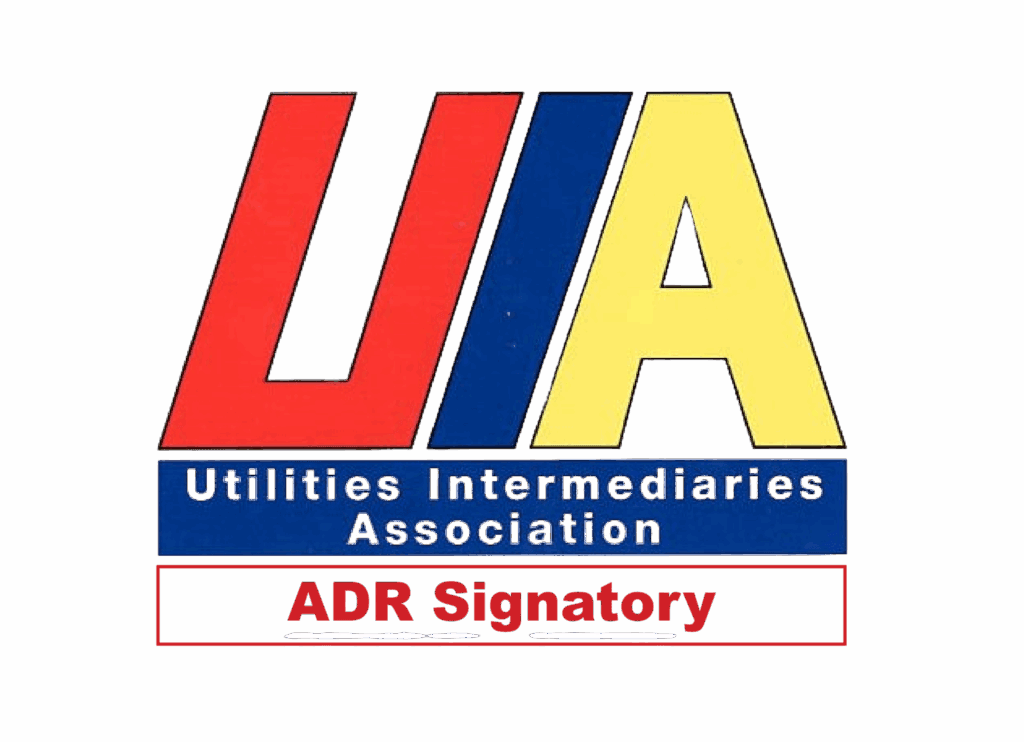The Climate Change Levy
The Climate Change Levy (CCL) is an environmental tax and relief scheme run by the British Government to encourage businesses to operate in an environmentally sustainable way.
The CCL was first introduced by the British government in April 2001.
What is the CCL?
The Government Levy is an environmental tax applied to businesses according to their energy consumption. The levy is designed to encourage businesses to become more efficient to reduce their overall emissions.
Who does the CCL apply to?
The CCL applies to businesses in the agricultural, commercial, industrial, and public sectors. The CCL is attached to taxable commodities for heating, lighting, and power.
However, it should be noted that certain suppliers will not have to pay CPS rates such as small generators, standby generators and generating stations in Northern Ireland.
How is it applied?
The CCL is paid at the Carbon Price Support (CPS) or via main rates.
CPS rates
Carbon Price Support rates is a cost applied to carbon pollution. The rate aims to encourage businesses that use carbon-heavy fuels with high carbon emissions to reduce the number of greenhouse gases they burn. In simple terms, CP rates encourage low-carbon behaviour.
If you have generating stations or operate combined heat and power stations you will be required to pay the CPS rate.
Note: The levy rate varies for each commodity – kilowatt-hours for gas and electricity and Kilograms for all other commodities.
Main Rates
Businesses in the agricultural, commercial, industrial, and public sectors will be charged the main rates on electricity, gas and solid fuels.
Note: CCL main rates will be listed on your business gas or electricity bill.
How is the CCL charged?
Business energy suppliers are in charge of charging the correct CCL as they are responsible for the supply of the taxable commodity. This is then transferred to HM Revenue & Customs.
Are there any exemptions?
There are several exemptions to the CCL if you meet the following prerequisites:
- Your business uses less than 33kWh electricity or 145kWh gas per day
- You are a charity involved with non-commercial activities
- You are a domestic energy user, including schools
If you are a business looking to reduce your carbon footprint then stay up to date with the Reduce My Costs blog for all the latest news and advice.




